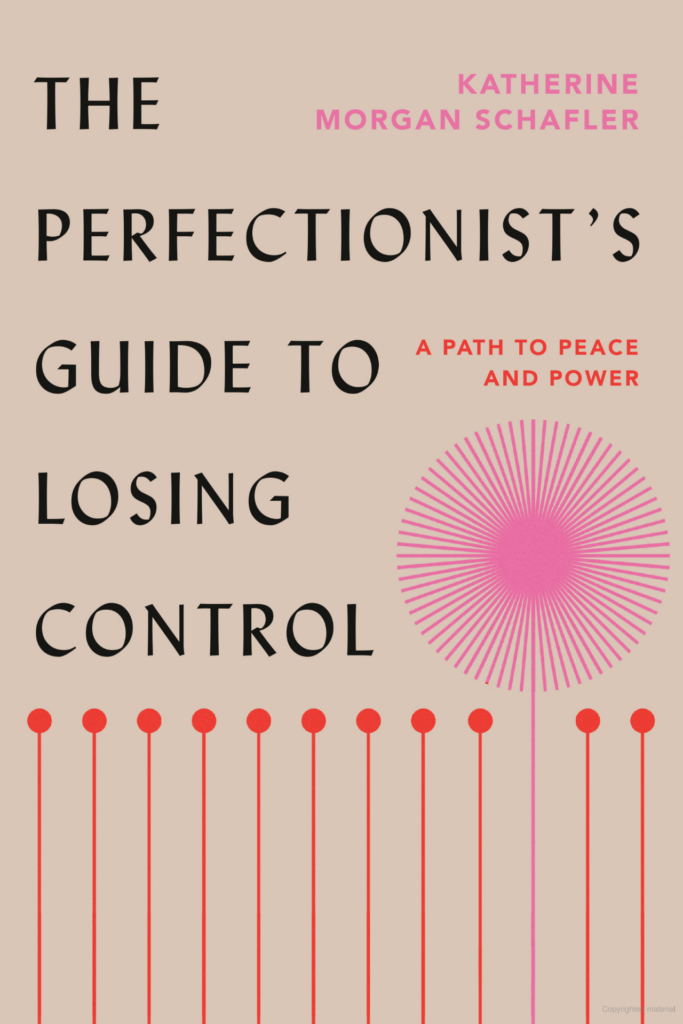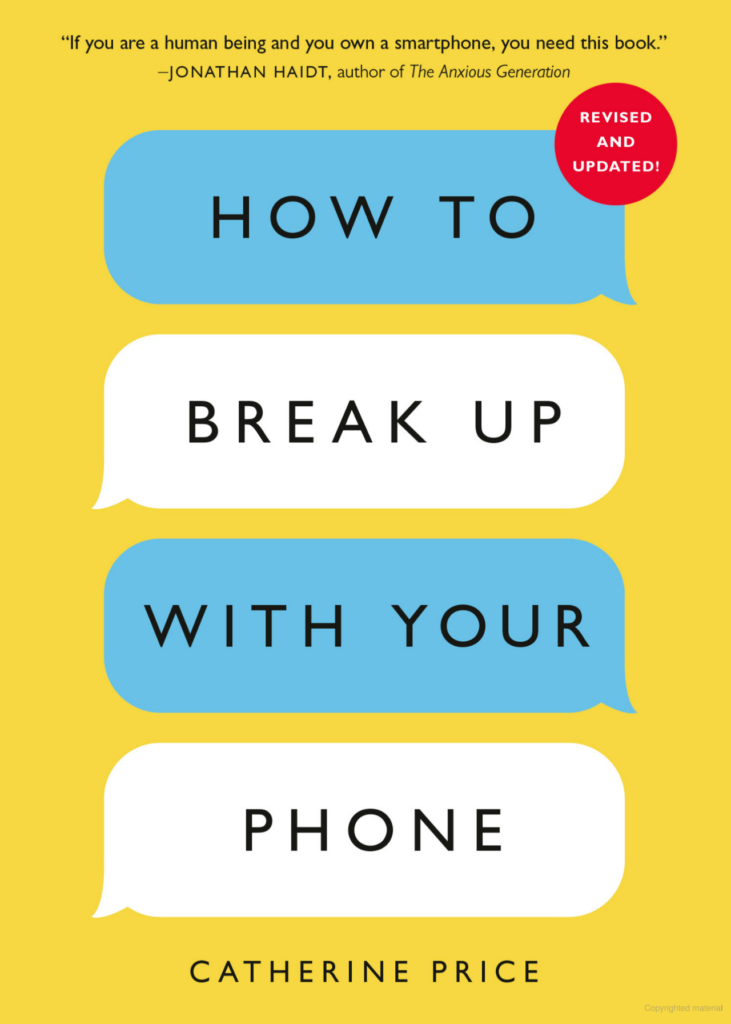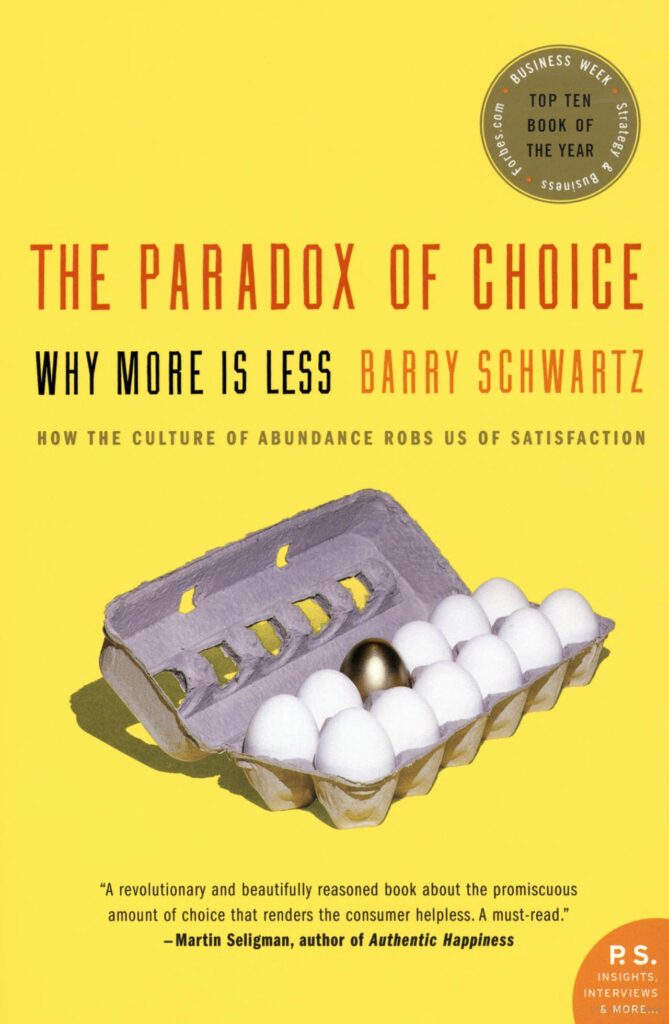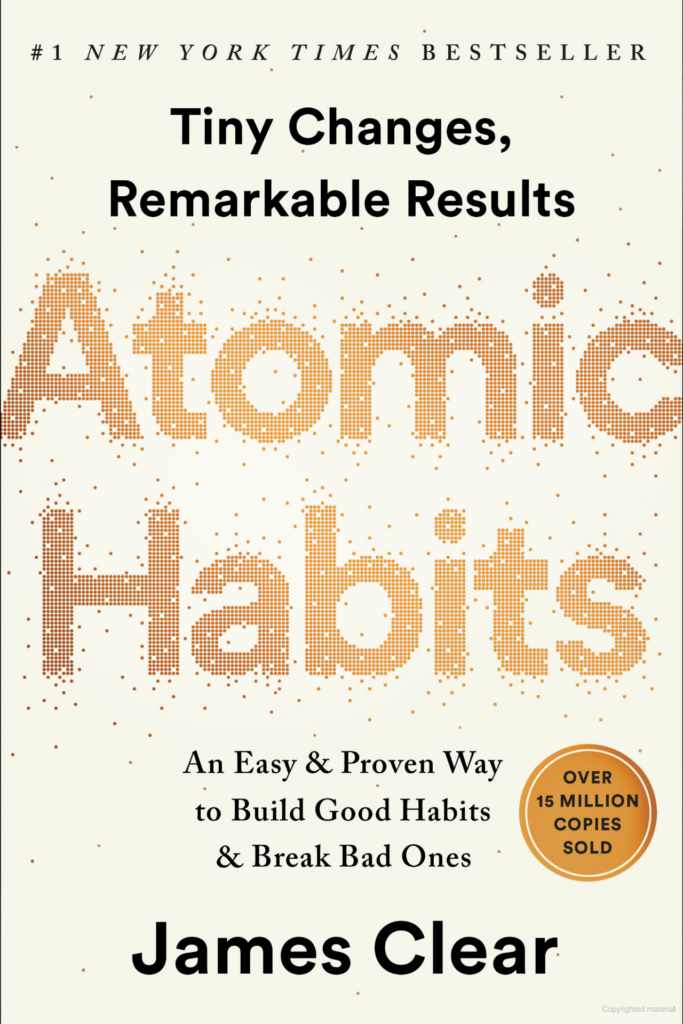
Procrastination is a struggle we all face at some point. Whether it’s delaying an important project, putting off studying, or even avoiding simple tasks, we often find ourselves trapped in a cycle of postponement. The opposite of procrastination is action, discipline, and consistency. The question that remains is how to get there. Using these 7 ways to overcome procrastination, the hope is to find a good place to start.
I’ve personally struggled with procrastination and, over the years, have tried many strategies to overcome it. The truth is, there’s no magic solution or overnight fix. However, with the right approach, it is possible to break free from procrastination and develop better habits.
If you’re tired of feeling stressed and overwhelmed, and you’re looking for practical advice to take control of your time, here are 7 ways to overcome procrastination and boost your productivity that I have found helpful.
This post may contain affiliate links. If you click and buy, I may make a commission at no additional cost to you.
Index:
- Identify the Task You Are Procrastinating
- Identify the Reasons You Are Procrastinating
- Apply One of the 7 Ways to Overcome Procrastination
- What Works For Me
- Best Books To Overcome Procrastination
Identify the Task You Are Procrastinating
Before tackling procrastination, you need to pinpoint exactly what you’re avoiding. I procrastinate on various tasks, some taking 2 minutes and others taking closer to 2 hours. Some of my recent examples of procrastination include:
- Avoiding exercise despite setting fitness goals
- Pushing back writing an important email
- Booking a flight for an upcoming trip
- Grocery shopping for the week
- Renewing my driver’s license
Understanding what I am procrastinating helps me take the first step toward overcoming it.
Identify the Reasons You Are Procrastinating
Once I’ve identified the task I’m procrastinating, the next step is to determine why. There are probably many reasons for procrastination, but I’ve narrowed it down to 10 reasons for procrastination:
- Fear of Failure – Avoiding tasks due to anxiety about not doing them well.
- Perfectionism – Delaying work because of unrealistic high standards.
- Lack of Motivation – Not feeling inspired or interested in the task.
- Overwhelm – Feeling the task is too big or difficult to start.
- Distractions – Getting sidetracked by social media, TV, or other activities.
- Lack of Structure – Not having a clear plan or routine to follow.
- Instant Gratification – Choosing short-term pleasure over long-term benefits.
- Decision Paralysis – Struggling to choose where to start or how to proceed.
- Fatigue & Low Energy – Lacking the physical or mental energy to focus.
- False Sense of Time – Thinking there’s more time left than there is.
Check out the 3 reasons I struggle with procrastination and how I’ve dealt with it.
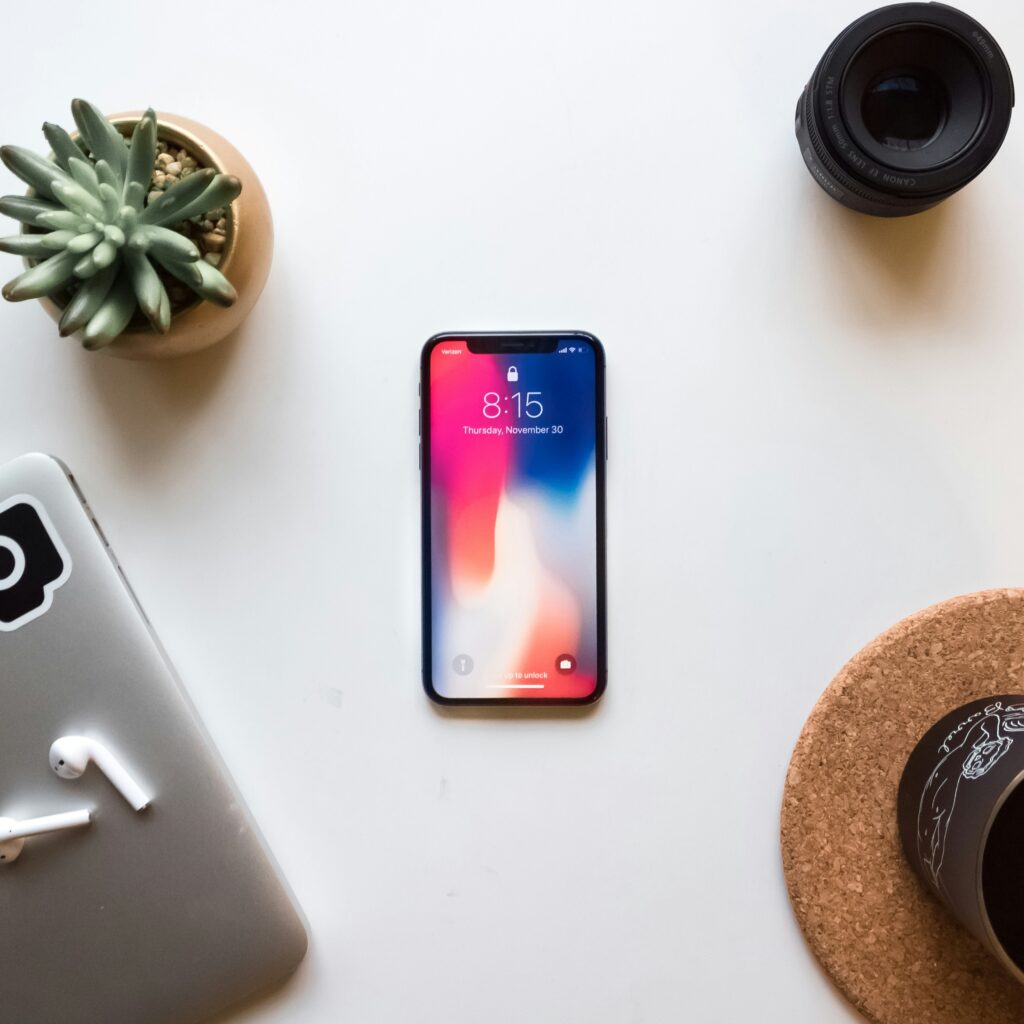
Photo by Ben Kolde on Unsplash
Apply One of the 7 Ways to Overcome Procrastination
Now that I know what I’m procrastinating on and why, let’s explore 7 ways to overcome procrastination and get back on track:
- Break Tasks into Smaller Steps
Large tasks can feel overwhelming. Divide them into smaller, manageable steps. Completing each step will give you a sense of accomplishment and motivation to keep going. - Use the Two-Minute Rule
If something takes less than two minutes, do it immediately. This simple technique eliminates small tasks that pile up over time. - Set Specific Deadlines
Instead of vague goals like “I’ll do it later,” set clear deadlines. For example, “I will finish reading a book on procrastination by Friday.” - Eliminate Distractions
Turn off notifications, use website blockers, or set up a distraction-free workspace. Delete social media from your phone, or give yourself a limited time. - Feel Good – Do Good
Make sure you’re setting yourself up for success with an environment conducive to focusing and feeling good about yourself. - To-Do Lists
Create a to-do list, order the list by things that can be accomplished immediately in your current environment, or start with the hardest task so the rest of your day isn’t building up to it. - Brain Dump
Write your thoughts down, get them somewhere other than your brain so that you don’t feel as overwhelmed.

Photo by Jessica Lewis 🦋 thepaintedsquare on Unsplash
What Works For Me
In my experience, I mostly struggle with perfectionism, feeling overwhelmed, and distractions. These are some of the methods I use to stop procrastinating and get the job done.
“It Has To Be Perfect!”
It’s very hard for me to start a project without knowing how to do everything or what the consequences of my choices will be. I typically deal with perfectionism on larger projects, like home improvement or at work. It shows up for me when I feel like there is a lot at stake.
For home improvement projects, I’m worried that if I spend a lot of money on something, I could hate it in 3 months, or maybe it won’t go with the rest of my decor. At work, it’s more about how I’m perceived. I want to always deliver great results so that I am perceived as reliable or good at my job.
At the end of the day, I could have been twice as productive if I hadn’t wasted mental space on how it might not be perfect.
I wouldn’t say that quotes about procrastination are always the most helpful, but I do like this one.
“Don’t let perfect be the enemy of good.”
There is a time and place to hone in on a project to perfect it, but even then, everyone starts with a rough draft.
I participated in a training a few years ago where I heard a story about how this think tank was run. For 20 minutes, everyone in the room would pitch their absolute worst idea. It was supposed to be bad, even laughable, but the rest of the group would clap and cheer for every idea thrown out. All the bad ideas were written down, and at the end of the 20 minutes, the group reviewed the ideas and continued thinking of new iterations. Eventually, the “bad” ideas turned into possible solutions.
Why not think about my own projects in the same way? Write down everything I have in my head and then use that as a rough draft for the final product.
Want to learn more about what kind of perfectionist you are and how to manage it? I’ve included this book in my recommended best books to overcome procrastination: A Perfectionist’s Guide to Losing Control by Katherine Morgan Schafler.
Try It Out:
Before starting a project, take 5-10 minutes to write down everything in your brain. The reality is that it’s going to be bad, but don’t let that discourage you. You’ve taken the first step, which can sometimes be the hardest. Congratulate yourself on how bad the first draft is! Keep going and trust the process; it will eventually work itself out.
“I’m So Overwhelmed!”
A lot of the time, I’ll have a pretty significant task like renewing my driver’s license, but that comes with 4 other smaller tasks that need to be completed before I can even go to the BMV. I have to research online what documents I need to bring with me, log in to my banking app to get my last statement, log in to my internet provider’s portal to get a bill, and go to the library to print it all out.
This is very specific to my experience, but many tasks require you to be prepared. Thinking of doing all of this is overwhelming, even though that might take less than 30 minutes of my time to complete it all.
I tend to procrastinate when there are too many sub-tasks required of me.
The best method I’ve found to overcome this mindset is by simply creating a to-do list. When I have a to-do list, I don’t feel the anxiety of forgetting something. I also like to organize my to-do lists by the time it will take to complete certain tasks and break up large tasks into smaller steps.
Today’s To-Dos
- Renew License
- Bank Statement PDF – 5 min
- Internet Bill PDF – 5 min
- Print at Library – 15 min
- BMV – 1-2 hr???
The other way I feel overwhelmed is if my environment is not clean or if I don’t feel ready for the day. In my head, that means spending time cleaning my home or even just doing my hair before I can focus on the other tasks at hand.
I find in these situations I should take the time to tidy up or finish getting ready before tackling the task at hand. If I don’t, I’ll just feel more and more overwhelmed and ultimately less productive. This is not always realistic, so sometimes I pick one small thing that will make me feel better, like brushing my hair or wiping off my desk before sitting at it.
Try It Out:
At the beginning of each day, create a to-do list; this could even become a part of your morning routine. Complete the smaller tasks when you can, and plan out when you’ll complete the larger ones.
Implement a nighttime routine to set yourself up for success. Try setting out your clothes for the next day, make sure your space is as tidy as it can be, and start your list before bed so it’s out of your head and you can sleep easier.
“I Need To Stop Scrolling!”
Distractions! This is a never-ending battle for me. I could go on and on about how glued I am to my phone. Instead of spending my time completing those 3 tasks that take 15 minutes each, I’m scrolling for hours on end until my head hurts.
There are plenty of tips out there, but a few things that have worked for me to stop procrastinating include:
Turning Off My Phone
Based on what needs to get done, I’ll either set a time limit to keep my phone off or keep it off until the tasks are completed.
Deleting Social Media
Same idea here, I’ll delete social media off my phone until the tasks are completed and then reward myself by redownloading them. It’s just inconvenient enough for me to realize I have other stuff to do.
Putting My Phone In Another Room
I am constantly asking myself, why do I feel the need to carry my phone around my house with me? It’s not like someone will take it if I set it down. So now I leave it on a charger in my bedroom while I complete my tasks for the day.
If you are looking for other tips that could work for you, I have included this book in my recommended best books to overcome procrastination: How to Break Up with Your Phone by Catherine Price. This book takes you through practical tips to take your relationship with your phone from addictive to healthy.
Try It Out:
Start with 1 hour a day. Turn your phone off and put it in another room. Use that time to tackle your to-do list. From there, try to add more time.
Best Books To Overcome Procrastination
In this list, I’ve included books about procrastination, but I’ve also included books that address the specific reasons why you procrastinate.
A Perfectionist’s Guide to Losing Control by Katherine Morgan Schafler | 4.2 Stars
“We’ve been looking at perfectionism all wrong. As a psychotherapist and former on-site therapist at Google, Katherine Morgan Schafler argues in The Perfectionist’s Guide to Losing Control, you don’t have to stop being a perfectionist to be healthy. For women who are sick of being given the generic advice to “find balance”, a new approach has arrived.
Which of the five types of perfectionists are you? Classic, intense, Parisian, messy, or procrastinator? As you identify your unique perfectionist profile, you’ll learn how to manage each form of perfectionism to work for you, not against you. Beyond managing it, you’ll learn how to embrace and even enjoy your perfectionism. Yes, enjoy!
Full of stories and brimming with humor, empathy, and depth, this book is a love letter to the ambitious, high-achieving, full-of-life clients who filled the author’s private practice, and who changed her life. It’s a clarion call for all women to dare to want more without feeling greedy or ungrateful. Ultimately, this book will show you how to make the single greatest trade you’ll ever make in your life, which is to exchange superficial control for real power.”
Description From Goodreads
How to Break Up with Your Phone by Catherine Price | 3.9 stars
“Do you feel addicted to your phone? Do you frequently pick it up “just to check,” only to look up forty-five minutes later wondering where the time has gone? Does social media make you anxious? Have you tried to spend less time mindlessly scrolling—and failed? If so, this book is your solution.
Award-winning health and science journalist and TED speaker Catherine Price presents a practical, evidence-based 30-day digital detox plan that will help you break up—and then make up—with your phone. The goal: better mental health, improved screen-life balance, and a long-term relationship with technology that feels good.
This engaging, user-friendly guide explains how our smartphones and apps are designed to be addictive and how the time we spend on them is increasing our anxiety and damaging our abilities to focus, think deeply, form new memories, generate ideas, and be present in our most important relationships. Next, it walks you through an effective and easy-to-follow 30-day plan that has already helped thousands of people worldwide break their phone addictions and feel more fully alive.”
Description From Goodreads
Tiny Experiments by Anne-Laure Le Cunff | 4.4 Stars
“Neuroscientist and entrepreneur Anne-Laure Le Cunff reveals that all you need is an experimental mindset to turn challenges into self-discovery and doubt into opportunity. Readers will replace the old linear model of success with a circular model of growth in which goals are discovered, pursued, and adapted—not in a vacuum, but in conversation with the larger world.
Throughout the book, you will ask hard questions and design simple yet meaningful experiments to find the answers. You will learn how to break free from the invisible cognitive scripts that shape your life, how to harness the power of imperfection, and how to make smarter decisions when the path forward is unclear.
- Discover your true ambitions by conducting tiny personal experiments
- Dismantle harmful beliefs about success that have kept you stuck
- Dare to make decisions true to your own aspirations
- Stop trying to find your purpose and start living instead”
Description From Goodreads
The Paradox of Choice by Barry Schwartz | 3.8 Stars
“In the spirit of Alvin Toffler’s Future Shock, a social critique of our obsession with choice, and how it contributes to anxiety, dissatisfaction, and regret. Whether we’re buying a pair of jeans, ordering a cup of coffee, selecting a long-distance carrier, applying to college, choosing a doctor, or setting up a 401K, everyday decisions have become increasingly complex due to the overwhelming abundance of choice with which we are presented.
In The Paradox of Choice, Barry Schwartz explains why too much of a good thing has proven detrimental to our psychological and emotional well-being. In accessible, engaging, and anecdotal prose, Schwartz explains how a culture that thrives on the availability of constantly evolving options can also foster profound dissatisfaction and self-blame in individuals, which can lead to a paralysis in decision making and, in some cases, depression.
With the latest studies on how we make choices in our personal and professional lives, Schwartz offers practical advice on how to focus on the right choices, and how to derive greater satisfaction from choices that we do make.”
Description From Goodreads
Atomic Habits by James Clear | 4.3 Stars
“No matter your goals, Atomic Habits offers a proven framework for improving–every day. James Clear, one of the world’s leading experts on habit formation, reveals practical strategies that will teach you exactly how to form good habits, break bad ones, and master the tiny behaviors that lead to remarkable results.
If you’re having trouble changing your habits, the problem isn’t you. The problem is your system. Bad habits repeat themselves again and again, not because you don’t want to change, but because you have the wrong system for change. You do not rise to the level of your goals. You fall to the level of your systems. Here, you’ll get a proven system that can take you to new heights.”
Description From Amazon
Conclusion
Procrastination is a challenge, but it’s not unbeatable. By identifying the tasks you’re avoiding, understanding why you procrastinate, and applying some of these 7 ways to overcome procrastination, you can break free from the cycle of delay. Don’t wait until tomorrow—start now! And if you need inspiration, grab one of the best books to overcome procrastination and take the first step today.
And remember, as one of the funny quotes about procrastination goes: “Procrastination is like a credit card: it’s a lot of fun until you get the bill.” So why not get started before the “bill” comes due?
